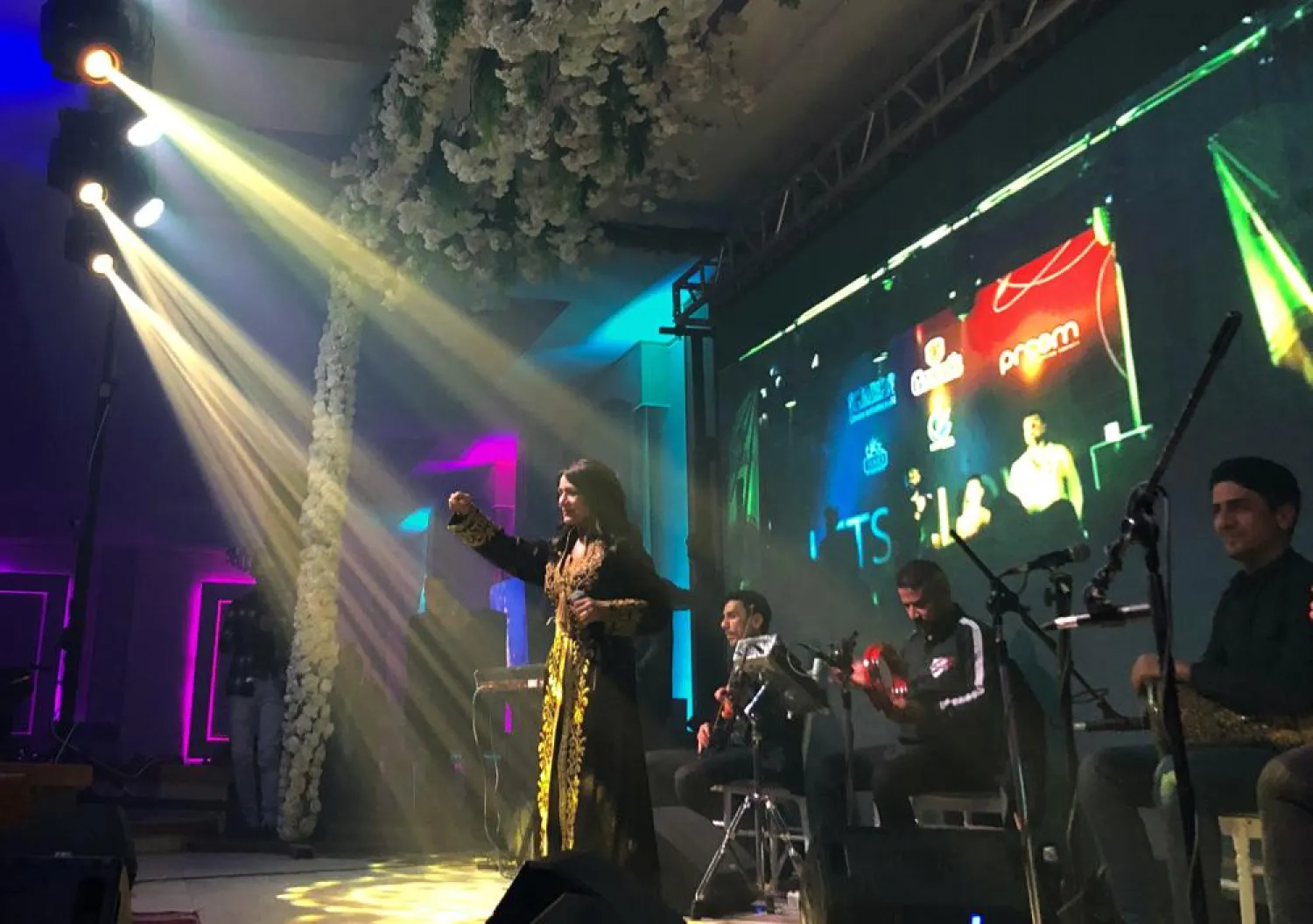Facing intense pressure from religious parties in Iraq, a local entertainment company was forced to freeze and cancel several concerts in Baghdad. The parties argued that the music performances were immoral and went against religion.
The Iraqi company was also compelled to end contracts with other Arab companies organizing shows for Arab artists.
Over the last week, hundreds of protestors gathered in front of Baghdad’s Sindbad Land theme park to demonstrate against a live concerts program that was set to feature a line-up of Arab performers, including Egypt’s Mohamed Ramadan.
“The concert is part of a Zionist scheme to destroy Iraqi society,” claimed one of the protesters.
“The parties are rejected year-long, not just because they coincide with the observance of religious occasions,” another demonstrator explained, adding that if the protesters had it their way, concerts would never take place in the country.
Several sources clarified that influential figures in Iraq had threatened concert organizers that they would shut down Sindbad Land altogether if the program wasn’t canceled. This forced the company to terminate contracts with performers who were supposed to sing during the final days leading up to New Year’s Eve.
One of the artists that was scheduled to perform is Lebanon’s Assi El Hallani.
“We apologize to the Iraqi public. All concerts have been canceled,” said the entertainment company in a statement.
The cancellation sparked nationwide controversy about public freedoms in Iraq.
Iraqi activists fear that forcing the Iraqi company to cancel its concerts would intimidate others from organizing similar artistic activities in the country.
The Imtidad opposition movement voiced its strong condemnation and said that “no party has the right to confiscate rights granted by the constitution.”
Iraqi authorities avoided the incident with the Iraqi Culture Ministry releasing a statement saying that the ministry does not finance festivals organized by private companies.









